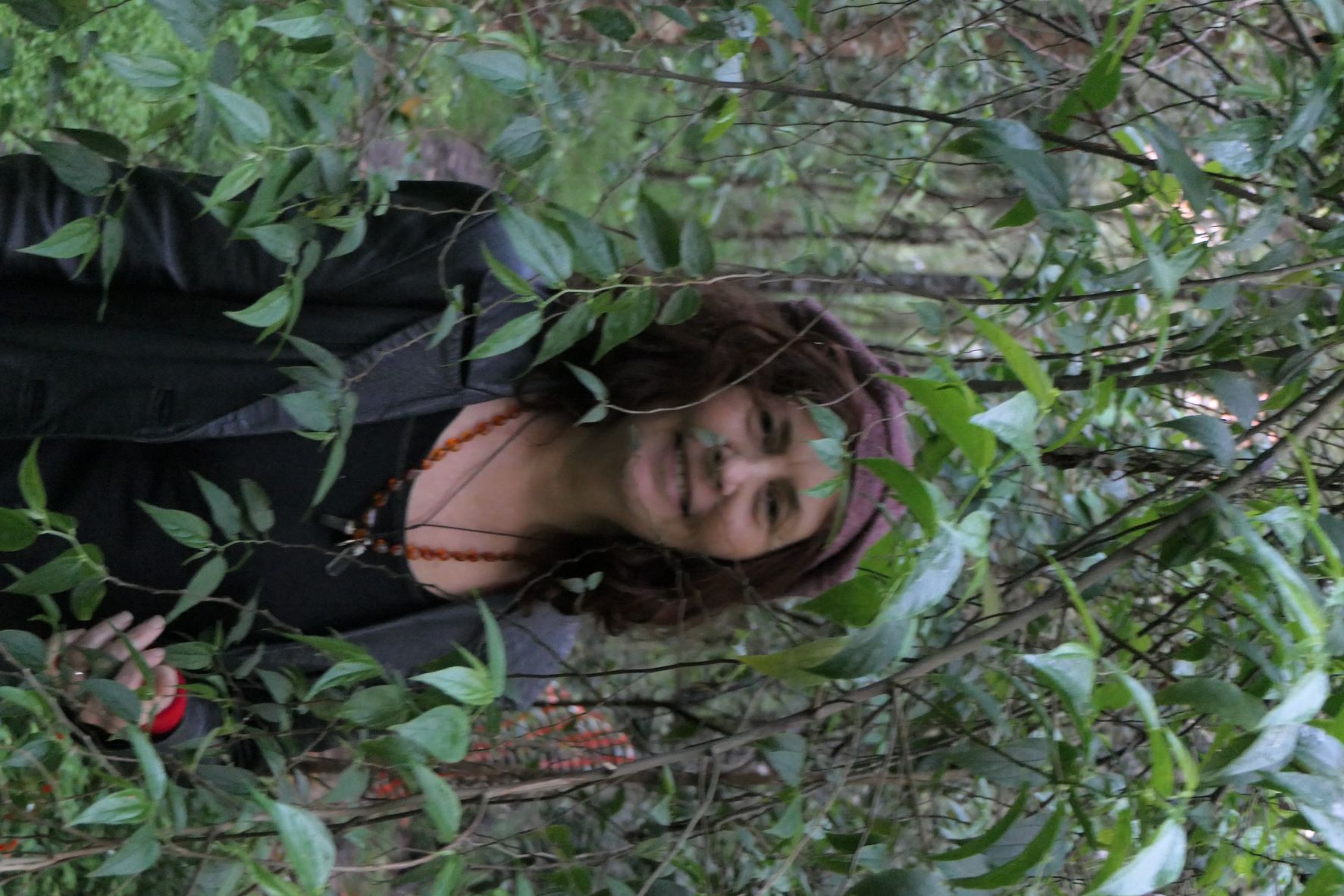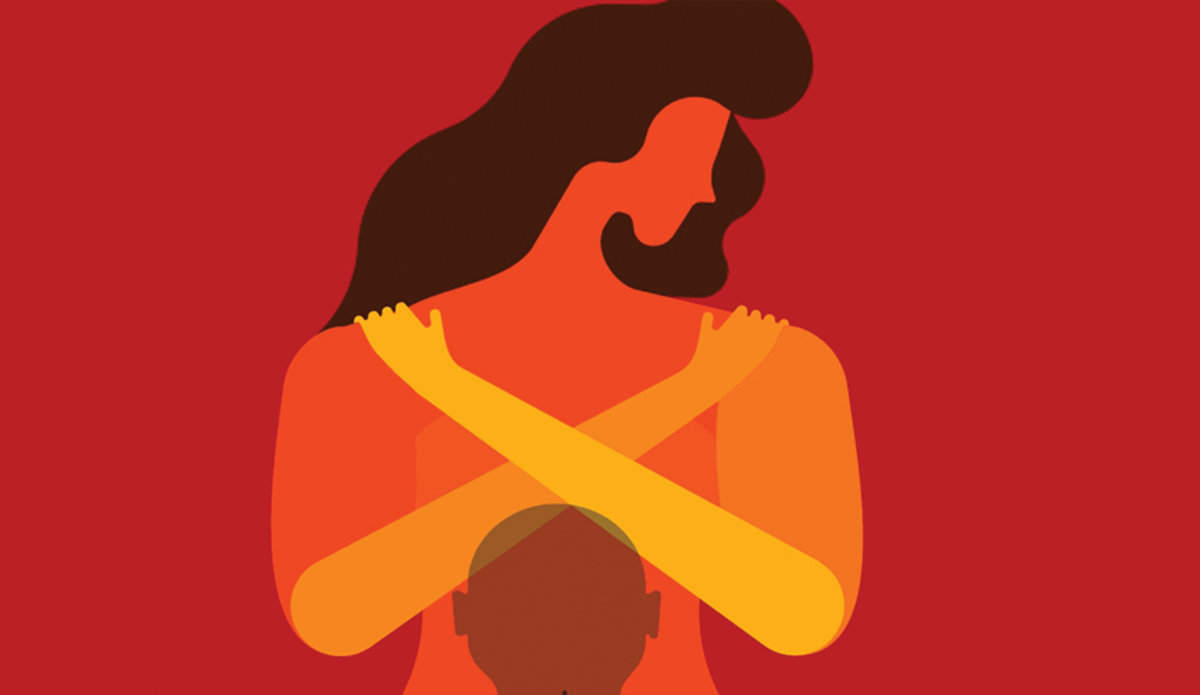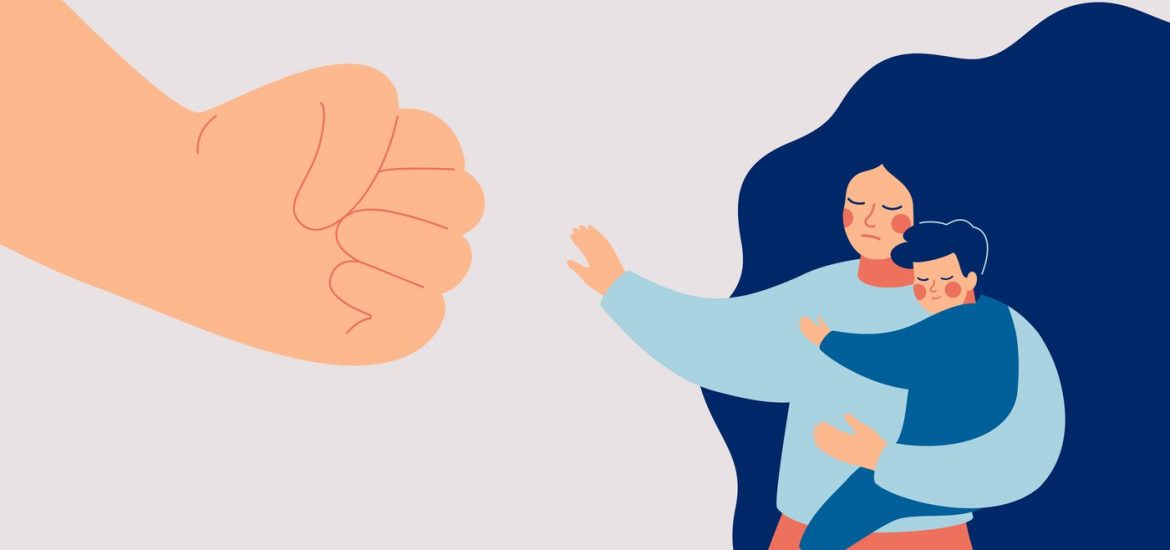Discussing domestic violence (DV) is depressing for anyone. Leave aside the fact that male violence against women is a reality across the world, regardless of region or culture, or that women statistically have more to fear from the men they should trust most than from strangers. That there is a project addressing a specific act of violence that is perpetuated mostly by men against women – non-lethal strangulation – is almost enough to “black pill” one about the state of humanity and gender relations. Yet education and reform addressing the ubiquity of these threatening acts against women is all too important. The project I speak of is being steered by the Red Rose Foundation, in collaboration with Brisbane resident and DV worker Lynda Rushton.
“Cultivating self-compassion as an antidote to shame has been the guiding light of this work and my own life,” she told me. “All of us, but very often especially the women I work with, suffer from shame. Unpacking self-blame and understanding how suffering works, while bringing in positive emotions like love and joy, are important to me.”
Lynda Rushton lives in Meanjin on Turrbul and Jagera lands. She has worked for a very long time with women that have experienced family and sexual violence. She was introduced to Buddhism’s application to therapy with Rick Hanson’s Buddha’s Brain (2009) and the compassion-focused therapy (CFT) of Paul Gilbert. Her work comes as notions of self-reflection and mindfulness are becoming prominent in the social sciences, along with neuroscience and meditation. She has mentored other practitioners and devoted considerable personal resources to developing her own skills in the field.

Currently, she is co-creating support groups with, and for, women that have endured the above crime of non-fatal strangulation. No doubt, these experiences have devastating aftermaths, leaving traumatized bodies, broken trust, and ruined lives and relationships in their wake. From teaching gentle breathing to mindful self-compassion (MSC), Lynda hopes that women in these groups can eventually understand what happened to them so they know how to ask for help.
“I believe that there are some underlying principles that motivate DV work. There is the human rights element: that all people should live free to from exploitation and abuse. It is important to treat everyone’s circumstances as individual and meaningful. Being compassionate and non-judgmental. Be led by the person. Do not get caught up in identities. Be respectful of other’s autonomy and story. Encourage the person to take good care of themselves and uphold their right to be happy.”
She admires the teaching of the “two wings” of compassion and wisdom, which balance each other on the way to enlightenment (and, applied to DV, freedom from abusive relationships). At the same time, victims of DV desperately need to take on self-compassion, while abusers also need to be approached in a kind, compassionate, and non-judgemental way. “But you have expectations,” she noted, expectations that are set through the wisdom of boundaries and discerning the reality of the problem. “Compassion can be taken out of context, and we should not forget that Buddhism is keen to unpack our confusion and delusion. How they trap us in abusive relationship. A lot of tactics by abusers, indeed, are designed to confuse us.” One does not need to cultivate compassion at the same level for acute abusers. There should be an emphasis on wisdom when helping women leave the sphere of the abuser.

“Do I need to have compassion for the abuser to heal? Not really. It’s not our job as DV workers, and it is definitely not on the shoulders of the abused. I advise them to withdraw their energy. It is not being cruel. It is better to make a boundary with anger than no anger at all. Remember, DV situations are much easier to get into than get out of.”
From this angle, Lynda does something creative with her Buddhist exposure: working with emotions like anger and discerning it not as a poison (as per traditional Buddhist teaching) and different types of anger. “We have the suppression of anger by the abused as a survival mechanism, since the abuser will often have more leverage – physical, financial, emotional, social – which they unrelentingly deploy when the abused displays anger. We have the anger of entitlement on the part of the abuser, an anger that manifests as a desire for punishment and any perceived loss of control or face, which is often projected onto their victim’s perfectly natural desire to feel respected and safe. “A different kind of shame and loss of face can become an obsessive delusion for the abuser.”
At the heart of this anger is the belief that violence is a natural right, and this results in them inflicting shame-based violence and entitlement-based violence.” The malevolence of this anger and belief manifests in a fundamental dehumanization of the Other, “despising them outright, looking down on them as lesser, and therefore seeing them as to be controlled, to the point of something like strangulation.”

Few know the sinister mindset of a habitual abuser, (as communicated by their partners) better than professionals like Lynda. “I think that some women that I have worked with, especially from Buddhist families, were confused about the idea of anger, presuming the constant need for compassion, even for their abusers. Here we can see that the experience of violence is embodied – not just interpersonal.” She believes that anger can be acted out of wisdom or for the desire for one’s safety or the wellbeing of one’s children. It can also be an initial stimulant for future positive habits. Fierce compassion at violations of women’s dignity can be positive and productive. After all, the limitations of “the system” remain in many countries, including her home of Australia, where counselling resources, police protections, and income support remain constrained.
“No doubt, practical resources still matter critically. Sometimes the answers are not complicated. Still, one size does not fit all. For example, not all abusers are motivated by entitlement. People can have different orientations. I am just looking for things that work, things that people can benefit from, especially for women to heal from life-threatening situations.”
For Lynda, working in DV is more profound than just a living. In the Buddhist sense of good living, it is helping others. “I wish to encourage people to be wise enough to listen to their gut, to think of their children and their future.”


